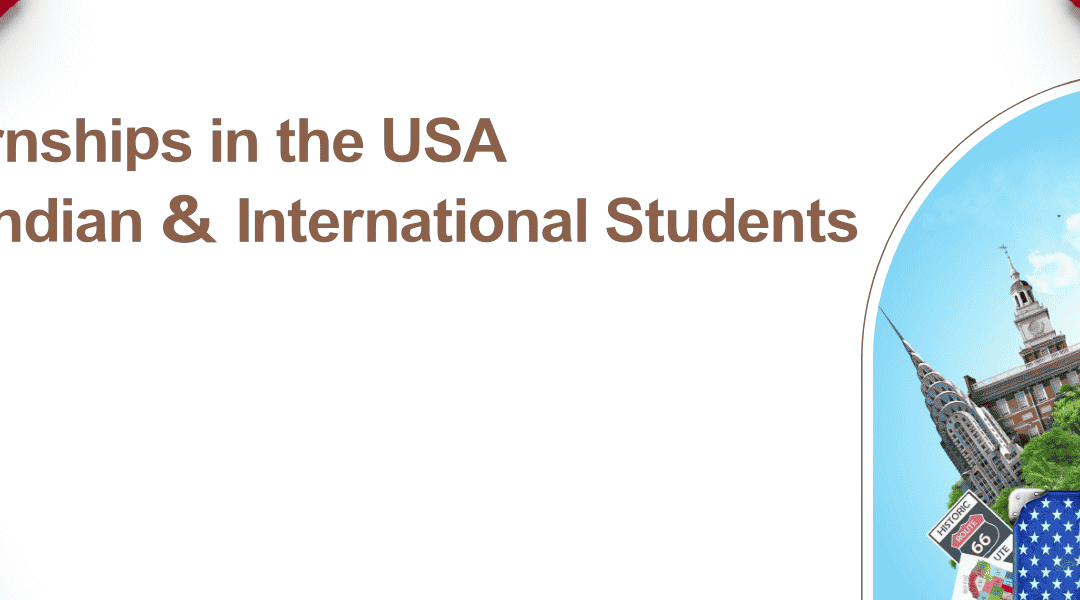In the era of big data, information is the new oil. From predicting consumer behavior to revolutionizing healthcare, data science is the engine driving the modern global economy. If you are looking to kickstart a career in this high-growth field, there is no better destination than the United Kingdom. At…

New Zealand Students Visa: Complete Guide
New Zealand stands out as a premier destination for education, boasting an exceptional education system, state-of-the-art teaching facilities, and top-notch research opportunities. With all its universities ranked among the top 3% globally, students have access to some of the finest academic options available. In recent years, an increasing number of students have chosen New Zealand for their studies, drawn by the valuable work experience, skills development, and abundant opportunities it offers. This trend has solidified its reputation as a leading study destination.
If you’re considering pursuing your studies in New Zealand, it’s essential to be aware of the student visa requirements for international students. This article will provide a comprehensive overview of New Zealand student visas, so be sure to read through to the end to grasp the entire process.
Let’s start by exploring the different types of student visas available and determining which one is the right fit for you.
Types of New Zealand Student Visas
New Zealand offers three categories of student visas, each tailored to different course lengths and requirements. These are:
1. Fee-paying Visa – This visa allows you to study in New Zealand for a maximum of four years while also permitting part-time work.
2. Exchange Student Visa – Designed specifically for exchange programs, this visa enables you to study in New Zealand for up to four years.
3. Pathway Student Visa – With this visa, you can pursue studies in New Zealand for up to five years across three consecutive courses, along with the option to work part-time.
Now that you’re familiar with the various types of student visas, let’s take a look at the application fees.
Cost of New Zealand Student Visa Application
When applying for a student visa in New Zealand, it’s important to be aware of the associated costs. Here are the current application fees for each visa category: –
Fee-paying Visa: Approximately NZ $850 –
Exchange Student Visa: Starting at NZ $750 –
Pathway Student Visa: Starting at NZ $750
In addition to these standard fees, you may incur extra costs for translating documents that are not in English.
With the essential information in hand, let’s take a look at the processing timeline for student visas, which we’ve outlined in the following section.og Walkers, among others.
New Zealand Student Visa Processing Timeline
When it comes to applying for a student visa, timing is crucial. Any delays in your application could mean missing the beginning of your course, and we know you want to avoid that at all costs. So, let’s dive into the expected processing times.
The duration for processing your visa in New Zealand varies based on the type of educational institution you choose: –
Universities: 3 weeks
Private Training Establishments (PTE): 4 weeks
Te Pūkenga (New Zealand Institute of Skills and Technology): 5 weeks
If you’re an international student aiming to enroll in a bachelor’s or master’s program in New Zealand, the fee-paying visa is your best option. Keep reading to ensure you meet all the necessary requirements to get started.
New Zealand Student Visa Eligibility
Before you begin your application for a student visa, it’s essential to ensure you meet the eligibility criteria. Here are the key requirements:
You need to be enrolled in a course at an educational institution or university that is recognized by the Ministry of Education or the New Zealand Qualifications Authority.
You must provide evidence of your ability to pay tuition fees or show that you have a scholarship covering your expenses.
It’s necessary to demonstrate that you have sufficient funds to support yourself while studying in New Zealand.
You should also have proof of funds to purchase a return ticket to your home country.
Once you confirm that you meet all these criteria, you can start gathering the required documents.
Documents Required for New Zealand Student Visa
The necessary documents that you will need when applying for a study visa for higher education in New Zealand are given below.
- A Coloured Passport-size Photo
- A Passport with Validity till 3 months after leaving New Zealand
- E-medicals from Empanelled Doctor
- Police Clearance Certificate
- Translated Document (If documents are not in the English language)
Some Additional Documents you might need:
- Academic Documents
- Proof of Employment History (If any)
- Proof of Funds (Indicating you can support yourself while studying in NZ)
- Financial Guarantor’s Information (Identity and Relationship)
- English Language Test Scores
- Statement of Purpose
After you have all these documents ready, you can start with your visa application by following the simple application process given below.
New Zealand Student Visa Application Process
The last step in your journey, after confirming your eligibility and gathering all necessary documents, is to apply for a student visa to study in New Zealand. You have the option to submit your application online or via a printed form. Regardless of the method you choose, ensure that you apply at least two months prior to the start date of your course.
Step 1: Collecting Required Documents
Make sure to submit all essential documents to Immigration New Zealand (INZ) when you apply. This will facilitate a smoother application process and lead to a quicker decision. If you opt for the online application, remember to scan and upload all relevant documents.
Step 2: Initiating and Finalizing the Visa Application
You will need to pay an immigration fee and a student center fee, which may vary based on whether you apply online or on paper, as well as the city from which you are applying. For specific fee details, visit the official New Zealand government website.
Step 3: Receiving Your Student Visa
After submitting your application, you can expect a processing time of about a month from INZ. Once your visa is approved, you will receive an e-visa. It’s important to print a copy and save it on your mobile device to present at the border upon your arrival.
With your preparations complete, you’re ready to embark on your educational adventure in New Zealand. Book your flight and get ready for an exciting new chapter before your course begins. If you have any lingering questions about the student visa process or studying in New Zealand, don’t hesitate to reach out to our experts at Martiza Overseas Education. Whether it’s securing admission to top universities or navigating the student visa process, the Martiza team is here to support you every step of the way. Get in touch with us today for comprehensive assistance with your study abroad journey!















